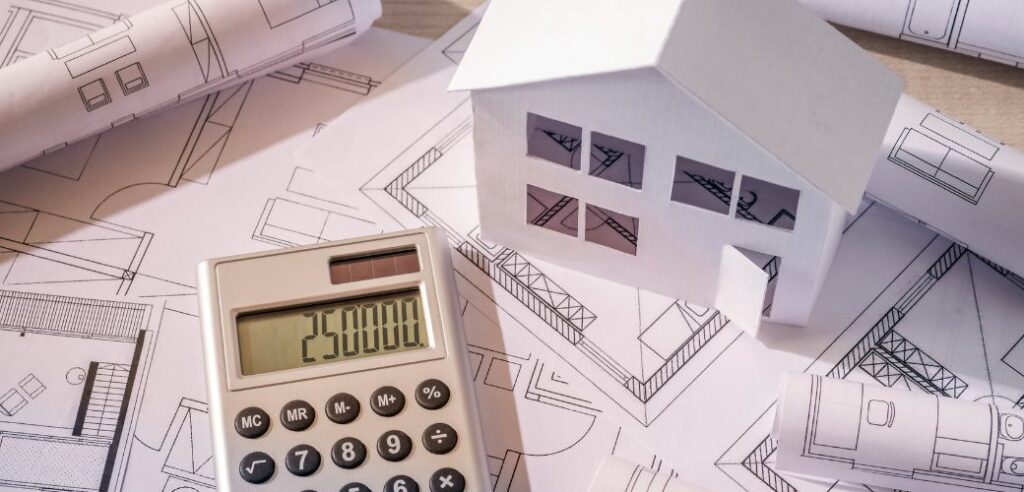
The Insider's Guide to Homebuyers' Closing Costs
Before you dive headfirst into the excitement of buying your dream home, there’s something crucial you need to wrap your head around: closing costs. These expenses, often overlooked amidst the frenzy of house hunting, are the final hurdle you’ll face before officially becoming a homeowner. Let’s navigate through the maze of closing costs to ensure you’re well-prepared for this significant financial milestone.
Understanding Closing Costs
Closing costs encompass a variety of fees and charges that must be settled before the keys to your new abode are handed over. These expenses are not standardized and can fluctuate based on factors such as the property’s purchase price and your chosen financing method.
Components of Closing Costs
Government Recording Costs
Appraisal Fees
Credit Report Fees
Lender Origination Fees
Title Services
Tax Service Fees
Survey Fees
Attorney Fees
Underwriting Fees
Estimating Closing Costs
So, just how much should you stash away for closing costs? As a general rule of thumb, anticipate these expenses to range between 2% to 5% of the total purchase price of your new home. For instance, if you’re eyeing a property at the median price of $384,500, closing fees could tally up to approximately $7,690 to $19,225.
Tips for Budgeting
To avoid being caught off guard by closing costs, meticulous budgeting is key. Start by factoring these expenses into your overall home buying budget from the get-go. By doing so, you’ll sidestep any last-minute financial jolts that could throw a wrench in your plans.
Importance of Preparation
Forewarned is forearmed, as the saying goes. Educating yourself about closing costs early in the home buying process empowers you to make informed decisions and avoid unwelcome surprises down the line. Be proactive and arm yourself with knowledge.
Partnering with Professionals
Navigating the labyrinth of closing costs can be daunting, but you don’t have to go it alone. Forge alliances with seasoned real estate professionals who can provide invaluable guidance tailored to your specific circumstances. From budgeting advice to deciphering complex paperwork, their expertise will be your greatest asset.
Conclusion
In conclusion, closing costs are an unavoidable aspect of the home buying journey. By understanding what these expenses entail and how to budget for them, you’ll be better equipped to navigate the intricacies of closing day with confidence. Remember, preparation is key, and enlisting the support of knowledgeable professionals can make all the difference in ensuring a smooth transition to homeownership.
FAQs
1. Are closing costs the same as a down payment?
No, closing costs are separate from your down payment and cover expenses like appraisal fees, title services, and attorney fees.
2. Can closing costs be negotiated?
In some cases, yes. Negotiating closing costs with the seller or lender may be possible, but it depends on various factors and isn’t always guaranteed.
3. Do closing costs vary by location?
Yes, closing costs can vary depending on where you’re buying a home due to differences in taxes, regulations, and other factors.
4. How can I lower my closing costs?
You can potentially lower your closing costs by shopping around for different lenders, negotiating with service providers, or exploring programs that offer assistance with closing costs.
5. When do I pay closing costs?
Closing costs are typically paid on the closing day when you finalize the purchase of your home.
